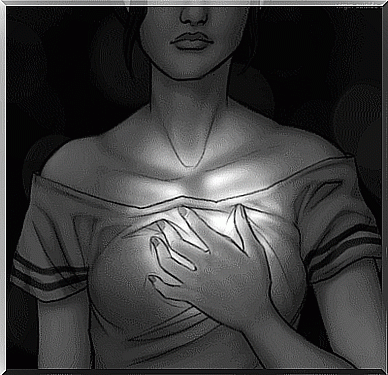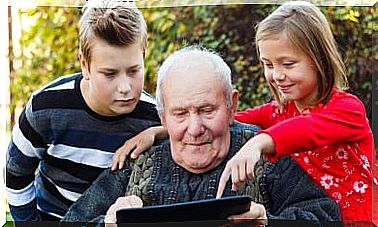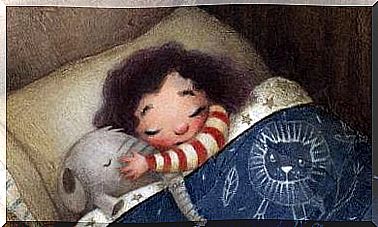Do We Use The Language Of Love Well?

Language is powerful. The language of love too. The words we choose when expressing ourselves somehow condition the receiver’s response and our own sensation. Love is something that circulates and breathes around us. Although at a given moment we do not feel it or do not look for it as a concept of a couple, it is inevitable to see it hear it. We cannot run away from him, so the “reasonable” thing would be to understand him and get along with him.
What Mandy Len Catron (English teacher and writer) says in a conference on the language of love is that we tend to use linguistically negative expressions to put feelings into words. His analysis is on English terms, but something similar happens in Spanish speakers.
Why these expressions with negative connotations?
This contradiction could be related to the richness of the Spanish language, but in English it is practically the same. They are metaphors associated with illness, with violence or with being victims of something in two different languages. Therefore, we could say that – at least in much of Western culture – there is something in common beyond words of love.

On multiple occasions when we talk about falling in love we can describe reactions typical of the drug. When it is present we find pleasure, and when it disappears we fall into something like withdrawal. We find extreme and exaggerated vocabulary to try to define what completely captures us.
Culture does not help us with the language of love
We find several examples:
- “Every single day, and every word you say, every game you play, every night you stay,
I’ll be watching you” – The Police – - “To love is never to have to say I’m sorry” – Love story –
- “The greatest declaration of love is the one that is not made; the man who feels a lot, speaks little ”- Plato –
It is not a problem of new technologies. Romances, scores, paintings and books seen before the digital age also associated love with symptoms similar to a state of insanity or mental illness.
The way we experience it is directly related to the language of love, and the language of love in turn is directly related to what we live. For example, saying “I’m sorry” can help us. Calling someone with an affectionate nickname can connect us with another person and give a feeling of belonging to something special.

Change proposal
There is a proposal by language scholars Mark Johnson and George Lakoff on which Mandy Len Catron relies. This happens to change the culture of love
In this way, many will say that then the magic or the encounter is lost, but if we are honest and look back, we will realize that this search for extreme sensations finally leads us to emotional instability and detachment.









